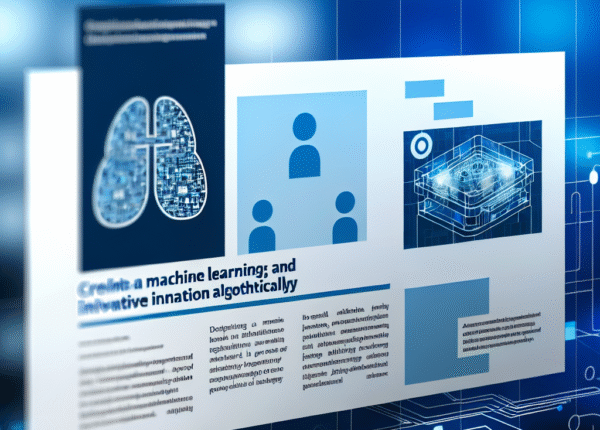Across the AI-news cycle this week, regulators, policymakers, and industry leaders are closely examining where artificial intelligence meets everyday life. The FTC has launched an inquiry into the safety and transparency of chatbots designed for teens and children, underscoring a growing demand for guardrails, disclosure, and ongoing auditing as AI becomes a trusted companion for young users. Experts warn that even well-intentioned restrictions can miss subtleties in how these systems interact emotionally with young people, and that a robust ecosystem of accountability is essential if we want AI to be both helpful and safe. The takeaway is simple but powerful: trust in AI grows when openness, safety testing, and clear boundaries are built into the technology from the start.
In a related push toward intelligent, reliable consumer technology, the auto industry is accelerating the integration of AI into cars. Qualcomm and Harman just announced a joint effort to bring Snapdragon Cockpit Elite platforms into Harman’s automotive product portfolio, signaling a future where in-car AI helps with navigation, safety, and personalized experiences without compromising security. The collaboration illustrates a broader trend—the fusion of automotive and consumer AI ecosystems—where software updates, sensor fusion, and real-time inference shape how we drive and how we experience mobility on a daily basis.
Meanwhile, the environmental footprint of hyperscale AI infrastructure is drawing scrutiny. Planning documentation around Google’s Essex datacentre in Thurrock points to emissions well into the hundreds of thousands of tonnes of CO2 per year, highlighting the energy intensity of large AI deployments. Spanning tens of hectares, this site is part of a wider North Atlantic push to expand AI capacity, while policymakers in the UK and beyond weigh how to balance capability with climate commitments. The message is clear: as AI accelerates, its energy strategy must be deliberate, transparent, and aligned with national goals for sustainability.
Energy governance and AI infrastructure also intersect in the political realm. A series of UK–US agreements aims to construct modular nuclear reactors to support reliable, low-carbon energy for AI workloads and digital services. Plans to build a dozen reactors in Hartlepool, along with streamlined safety procedures, reflect a broader ambition to ensure the energy backbone can sustain rapid AI development without compromising safety or public trust. These discussions illustrate how governance, regulation, and industry collaboration will shape the scalability and resilience of AI-enabled systems in the years ahead.
Finally, AI’s potential social impact is being tested in housing policy. Australia is exploring an AI-assisted approach to speed up housing assessments and approvals, hoping to streamline processes amid affordability concerns. Yet analysts caution that automation is not a substitute for thoughtful policy design; planning decisions involve human judgment, equity considerations, and transparent oversight to avoid repeating mistakes from past automation programs. The conversation is less about replacing human judgment with machines and more about augmenting it responsibly, with safeguards that protect the most vulnerable.
Sources
- FTC Investigation Targets Risks of AI Chatbots for Teens and Children
- Qualcomm, Harman Team to Deliver More Powerful AI in Cars
- Google’s huge new Essex datacentre to emit 570,000 tonnes of CO2 a year
- UK and US line up string of deals to build modular nuclear reactors in Britain
- Politicians hoping AI can fix Australia’s housing crisis are risking another Robodebt
Related posts
-
AI’s Expanding Footprint: From Kids Content to Voice Tech and Major Investments
AI's Expanding Footprint: From Kids Content to Voice Tech and Major Investments AI is weaving through our screens...
11 November 202519LikesBy Amir Najafi -
AI News Roundup: Enterprise Strategy, Regulation, and the Next Wave of AI Design
AI is moving from headline grabbing demos to a broad, everyday influence on how companies operate, how products...
8 December 202511LikesBy Amir Najafi -
AI in Daily Life: Health Misinformation, Synthetic Relationships, and Nudification Under Scrutiny
AI in Daily Life: Health Misinformation, Synthetic Relationships, and Nudification Under Scrutiny AI sits at the center of...
11 January 202608LikesBy Amir Najafi


